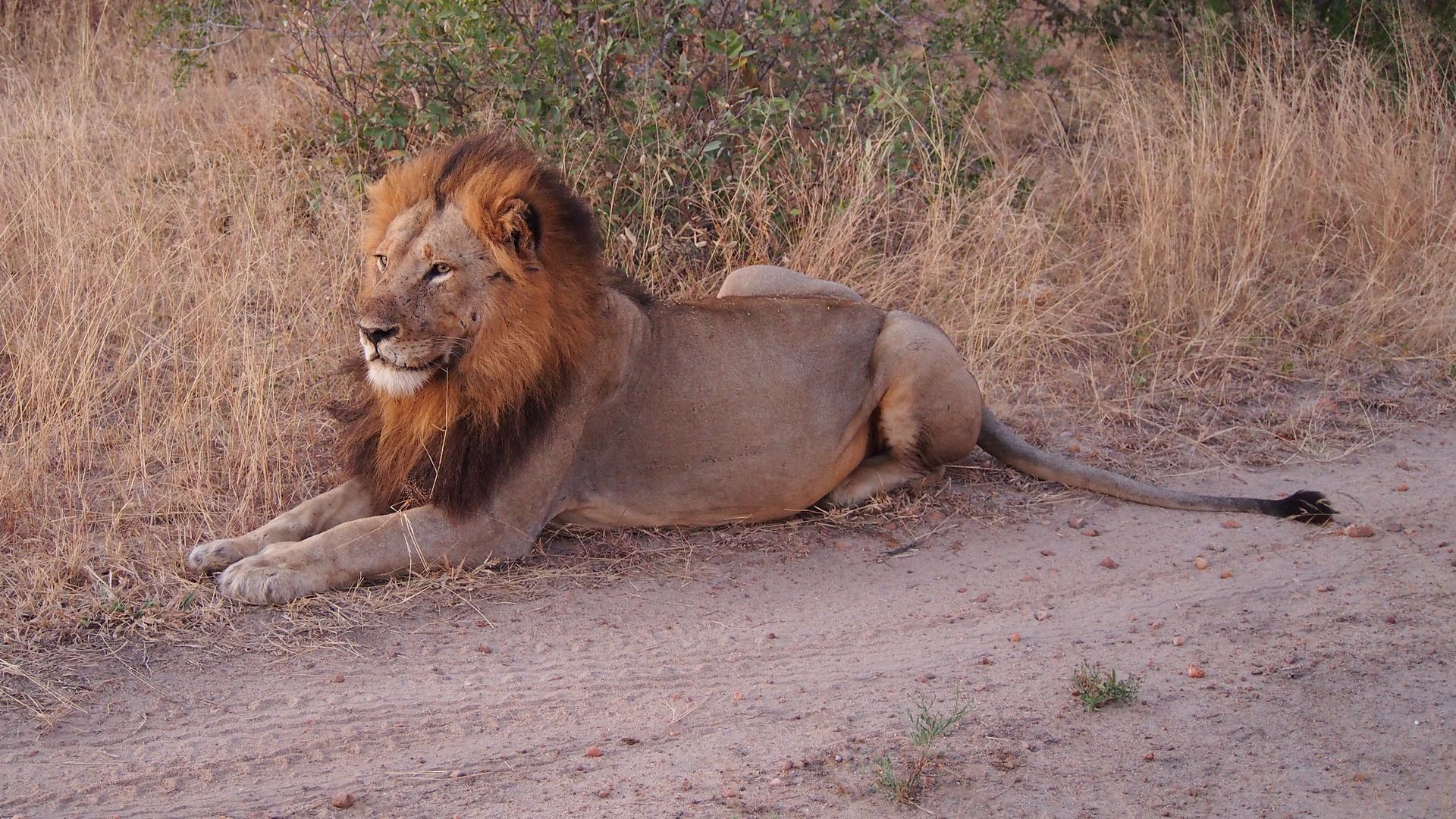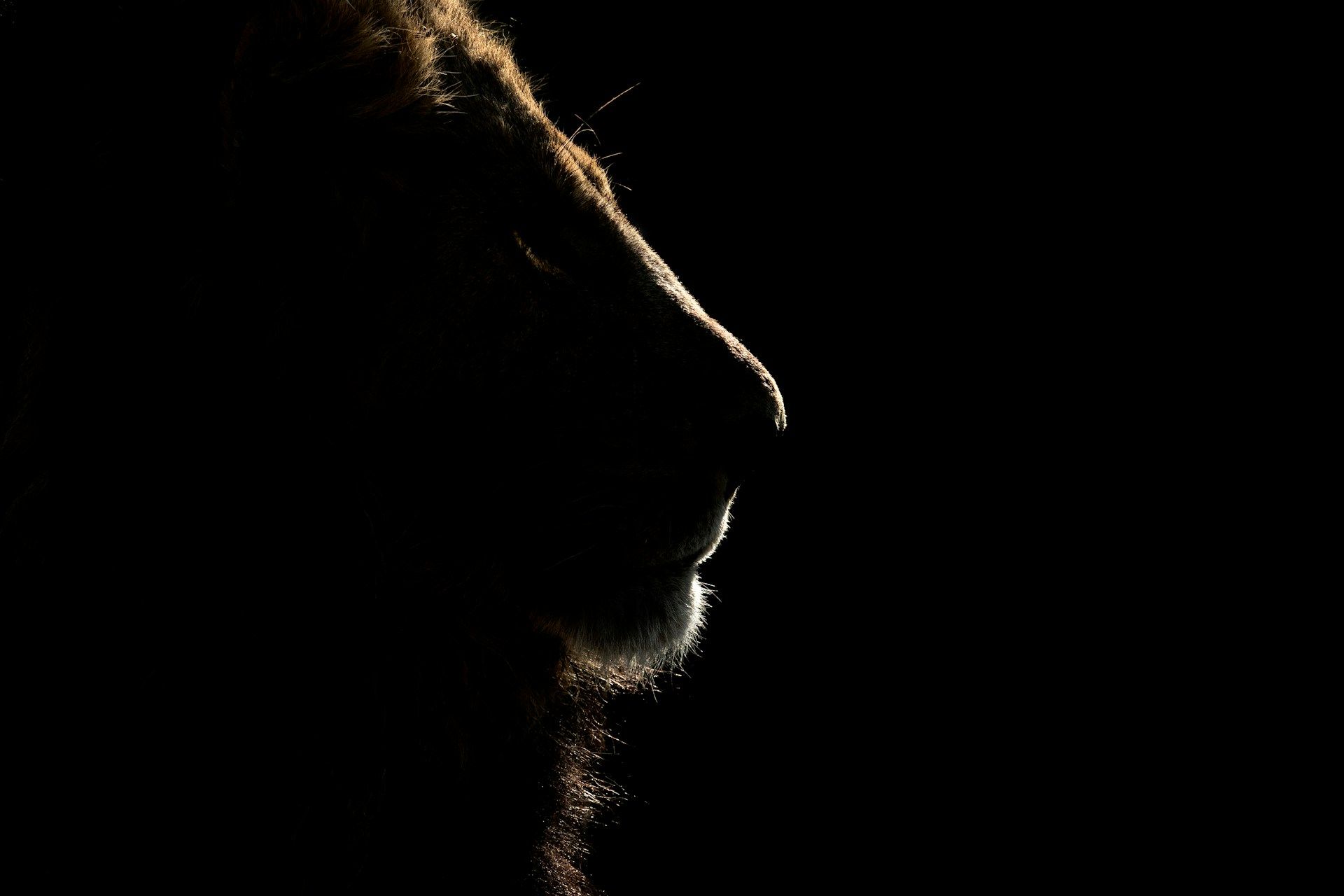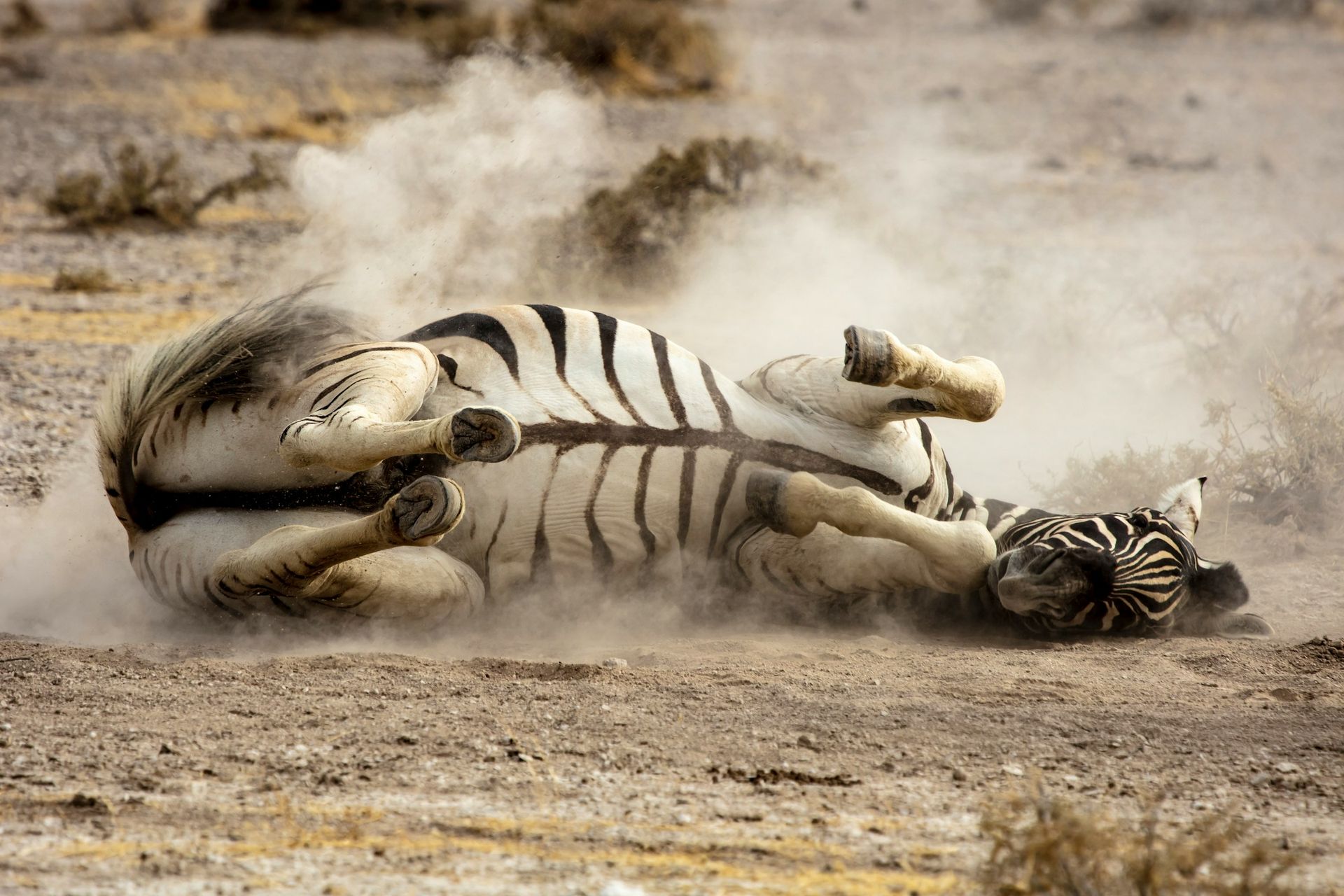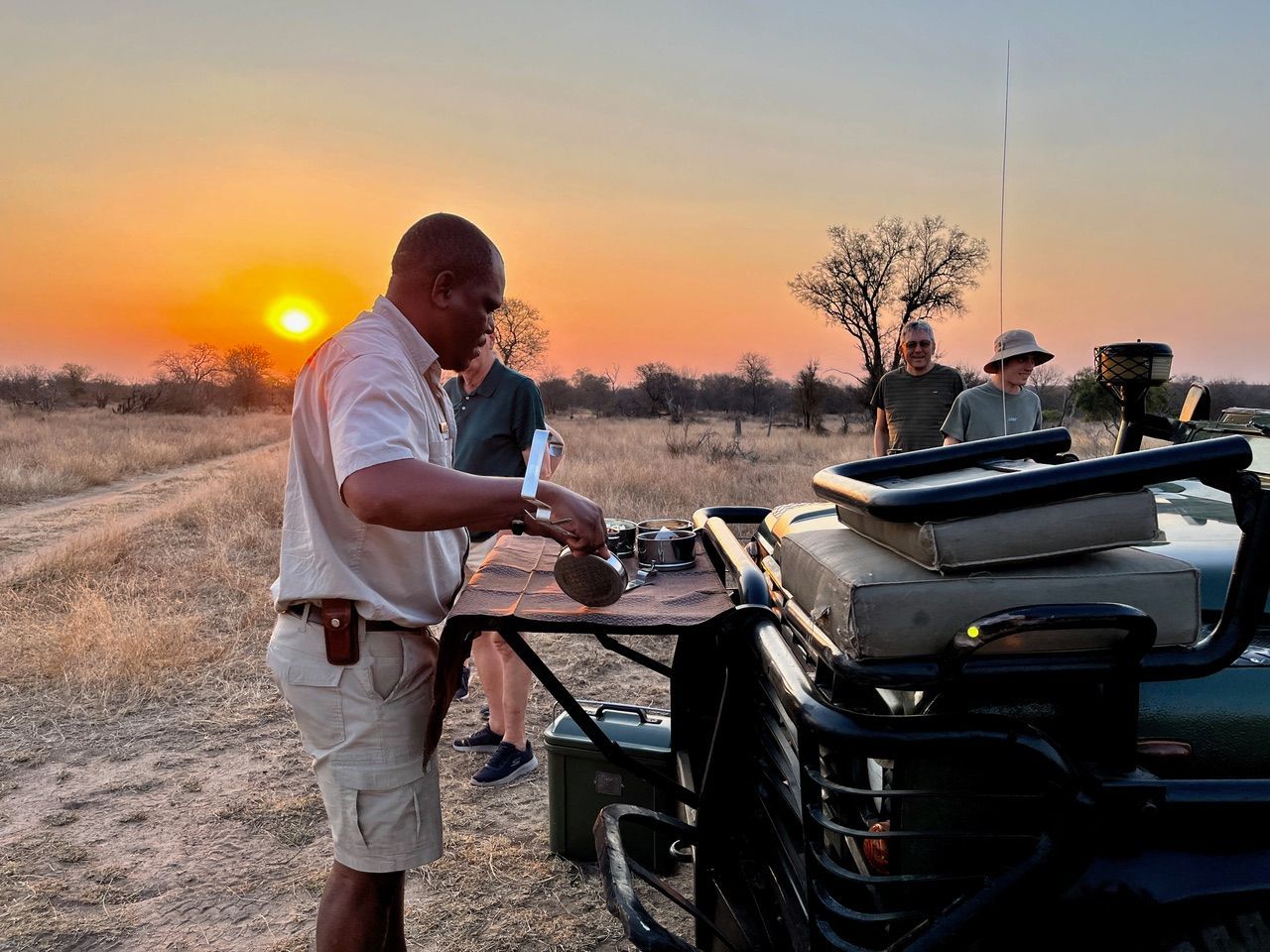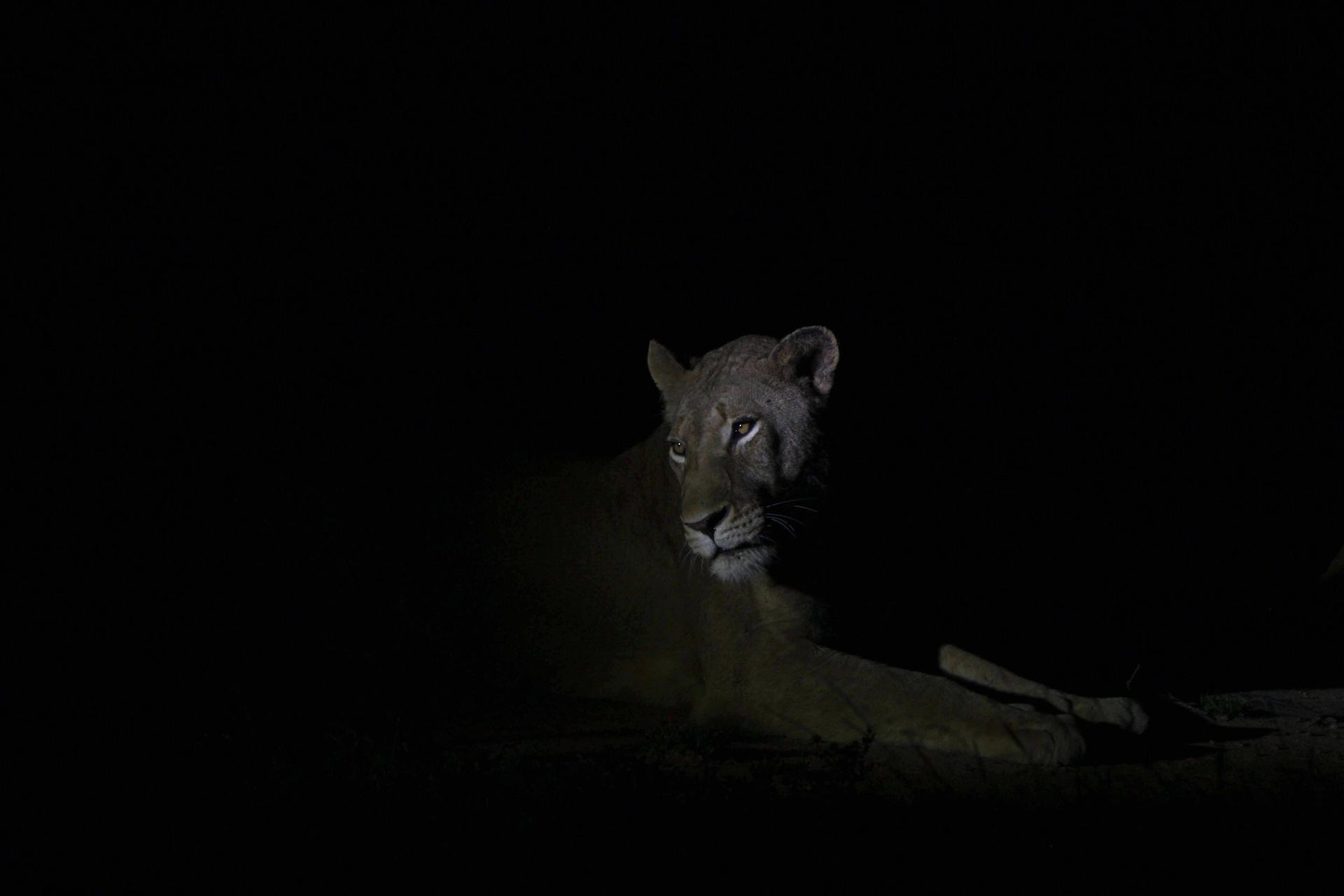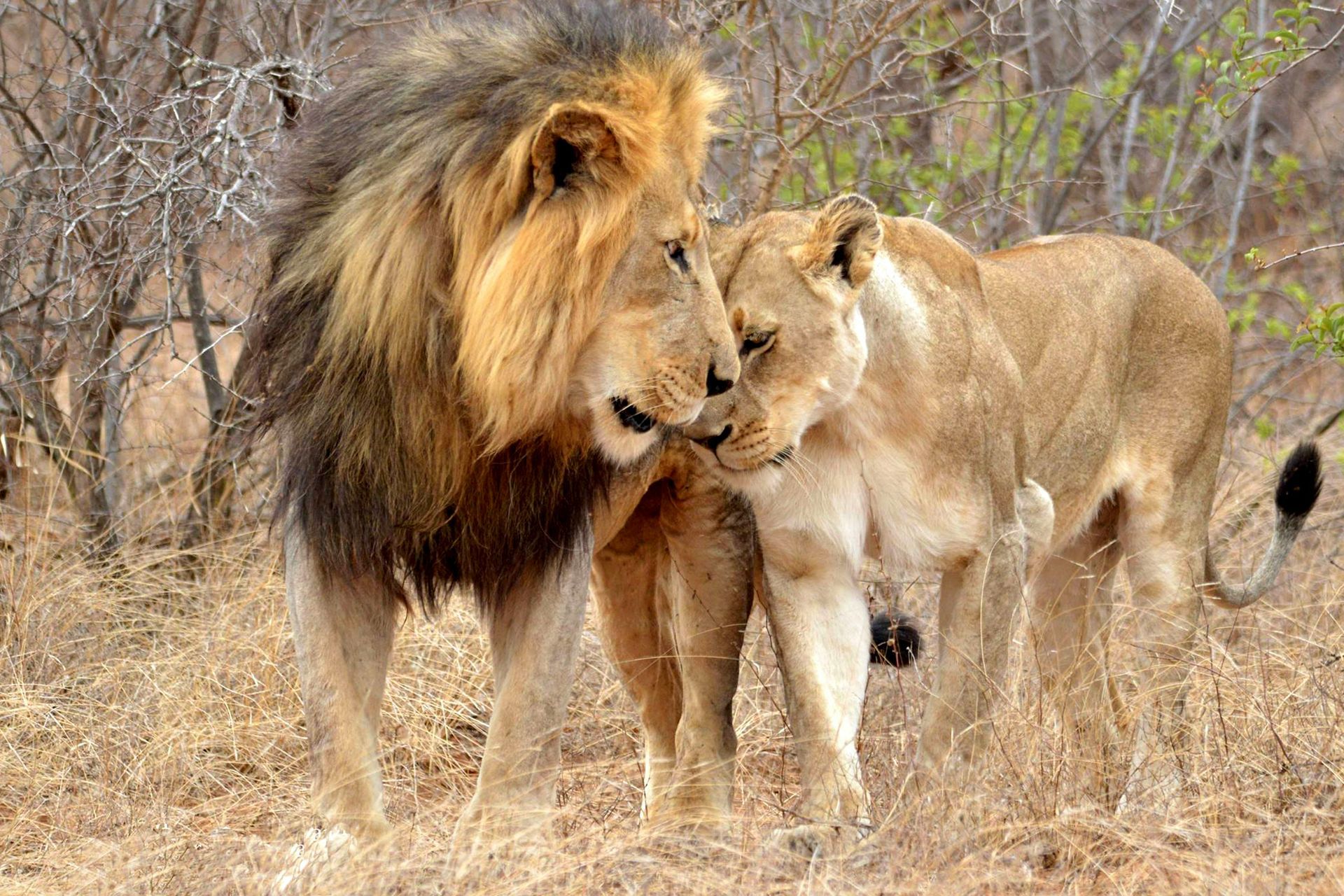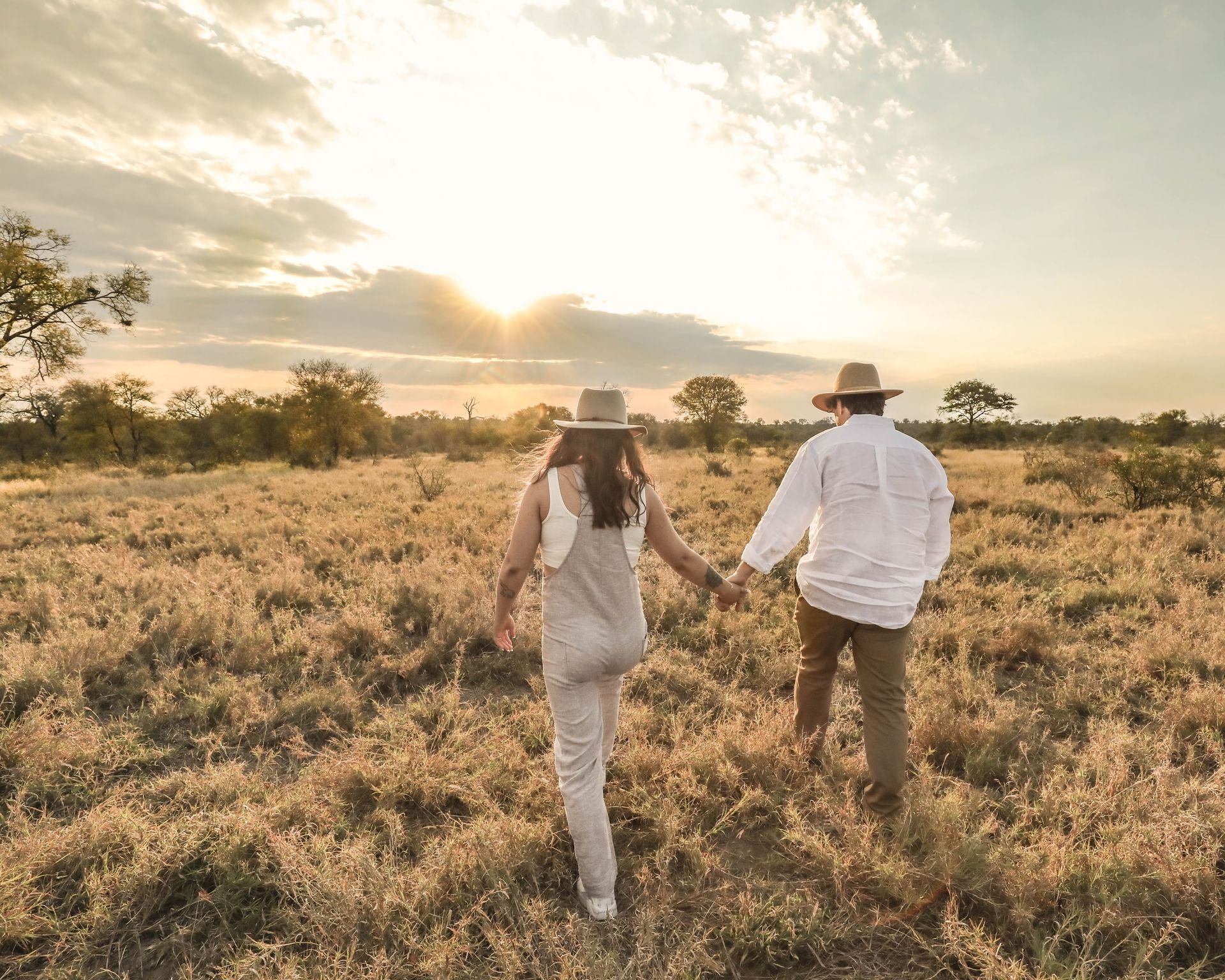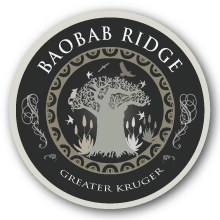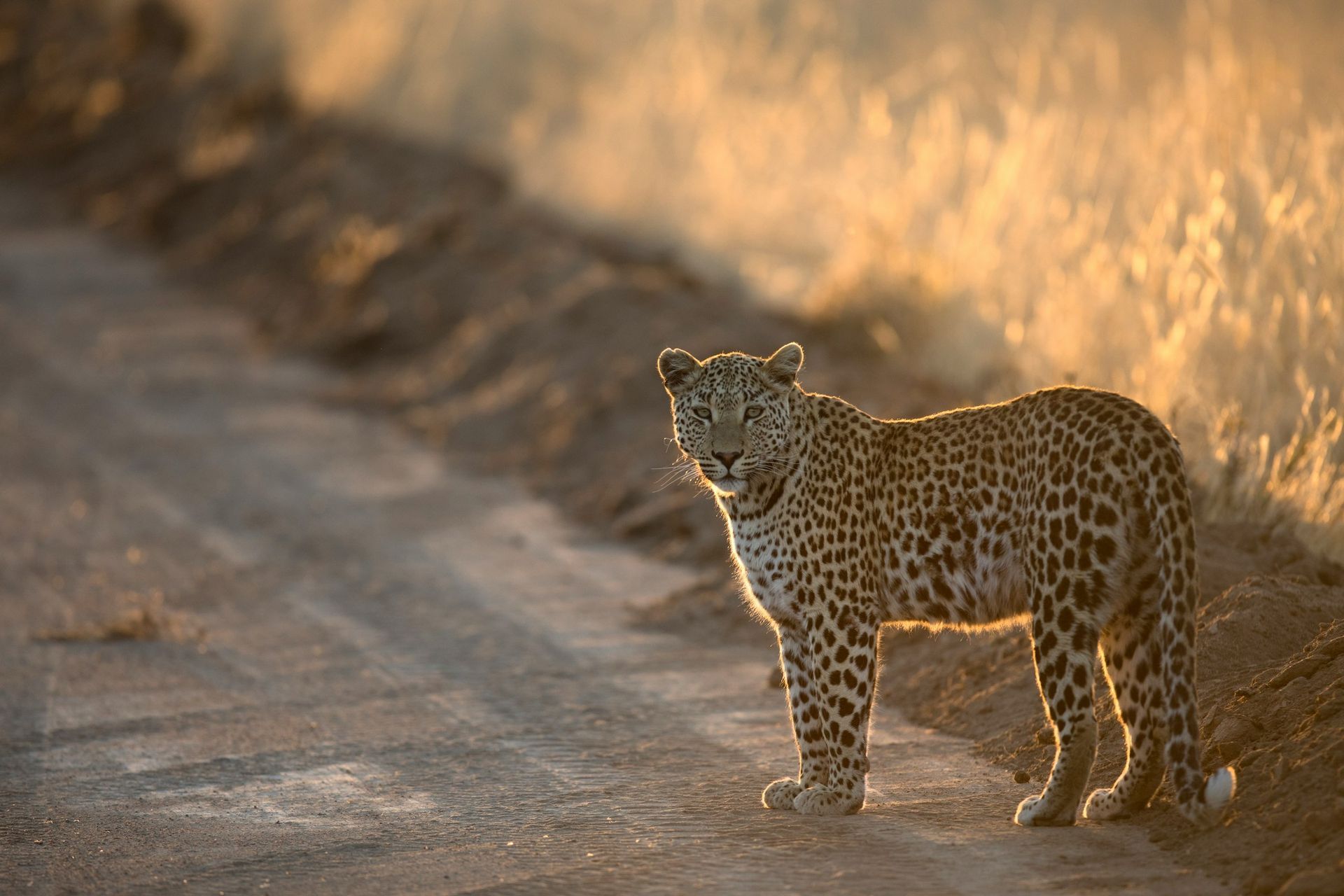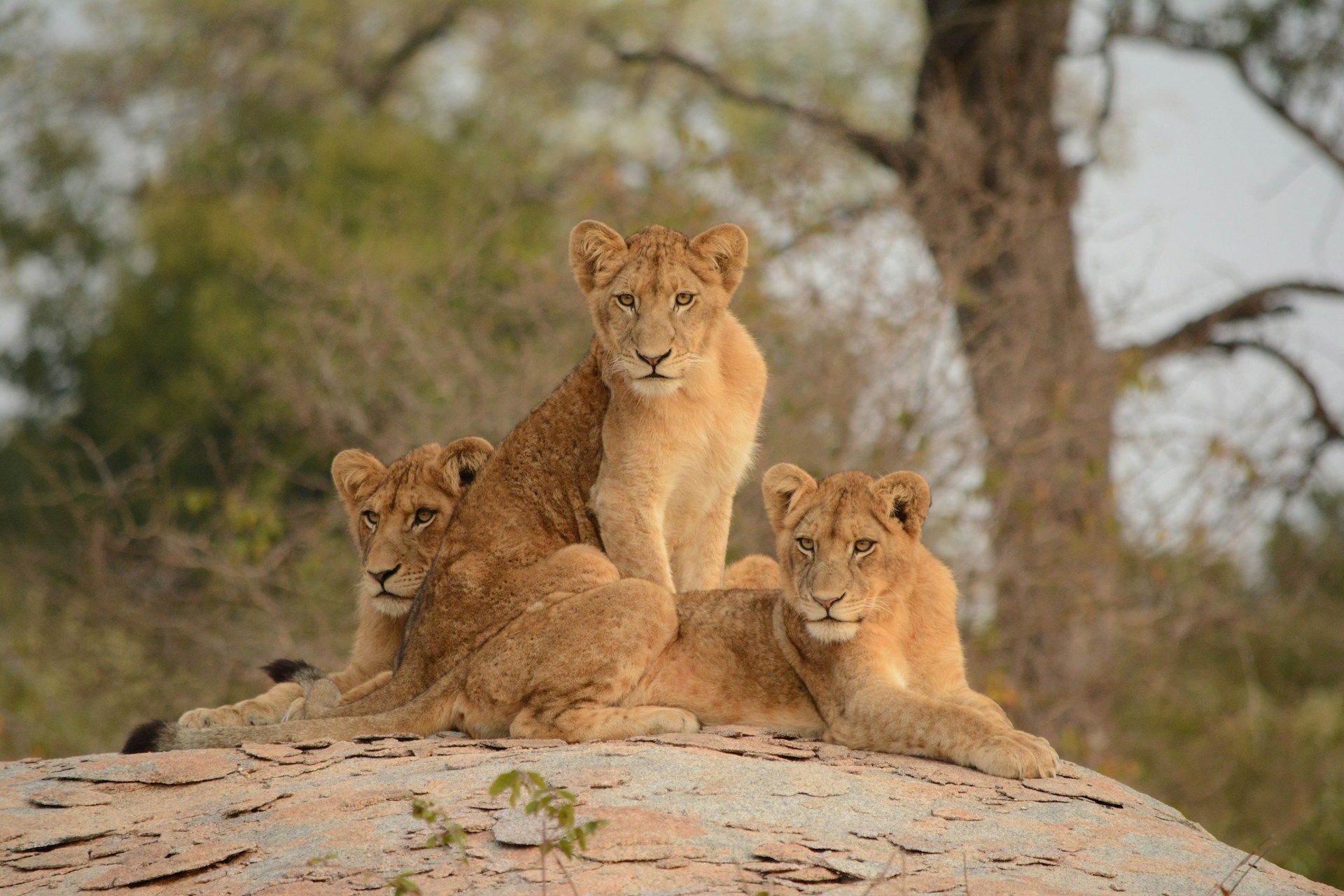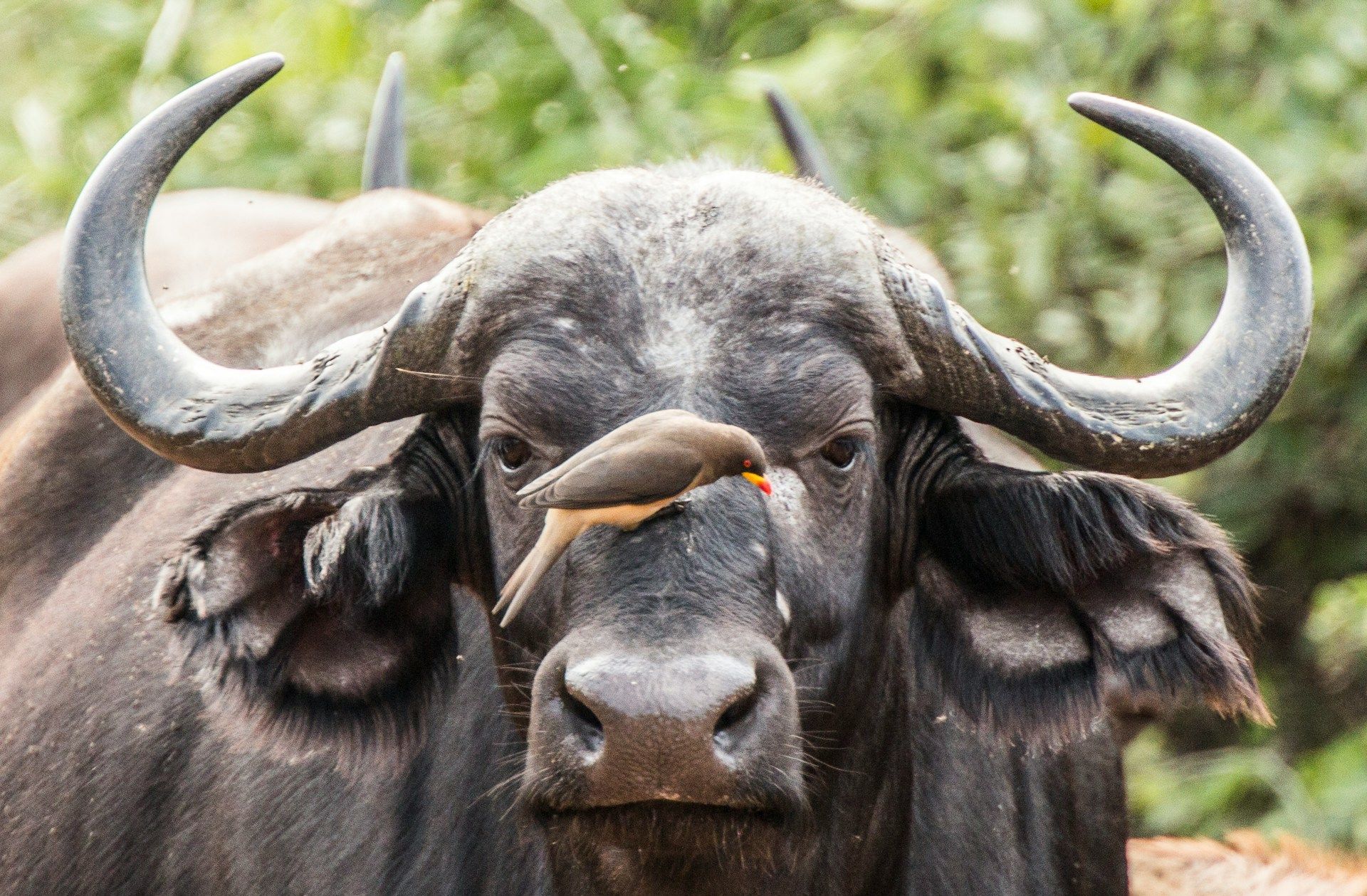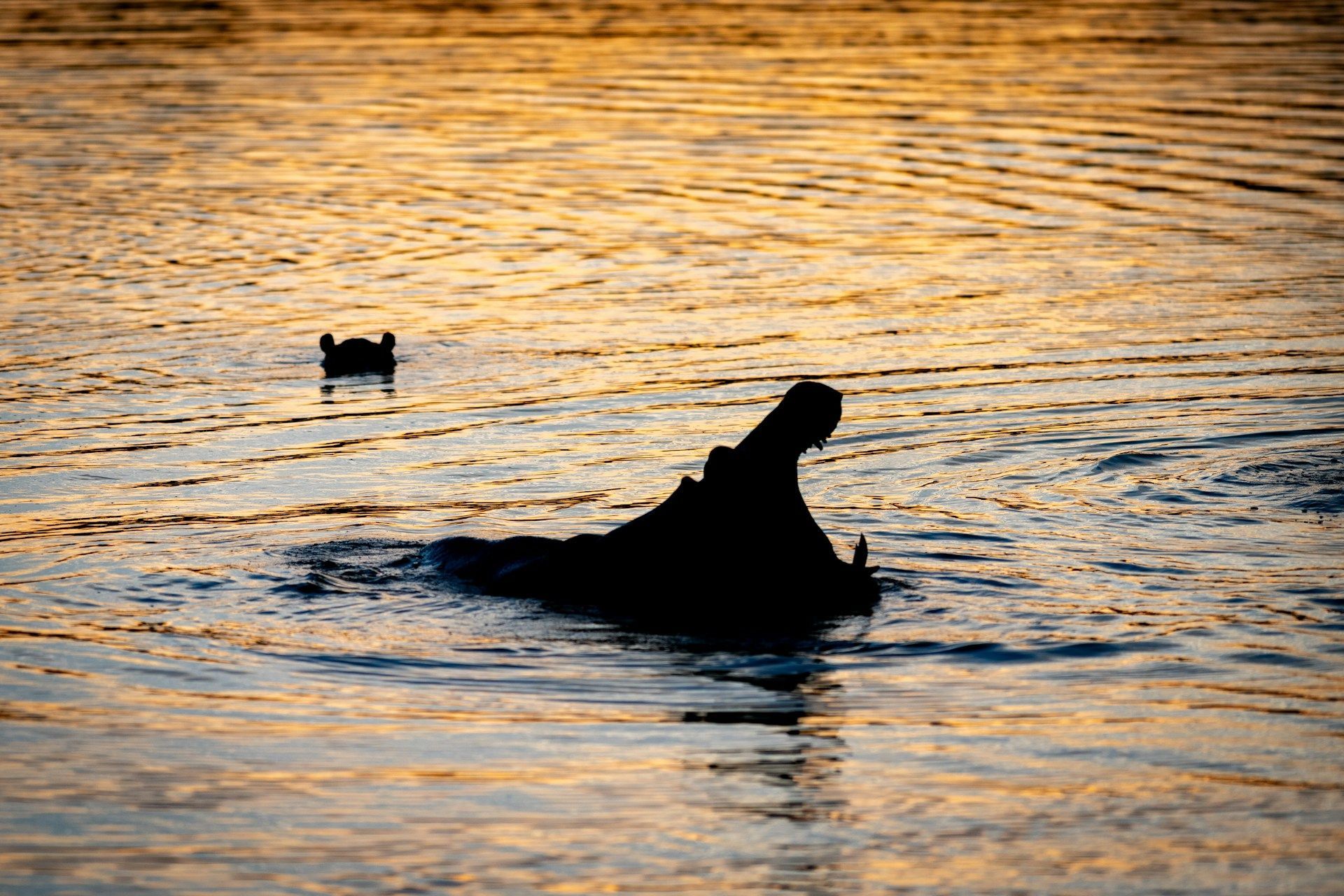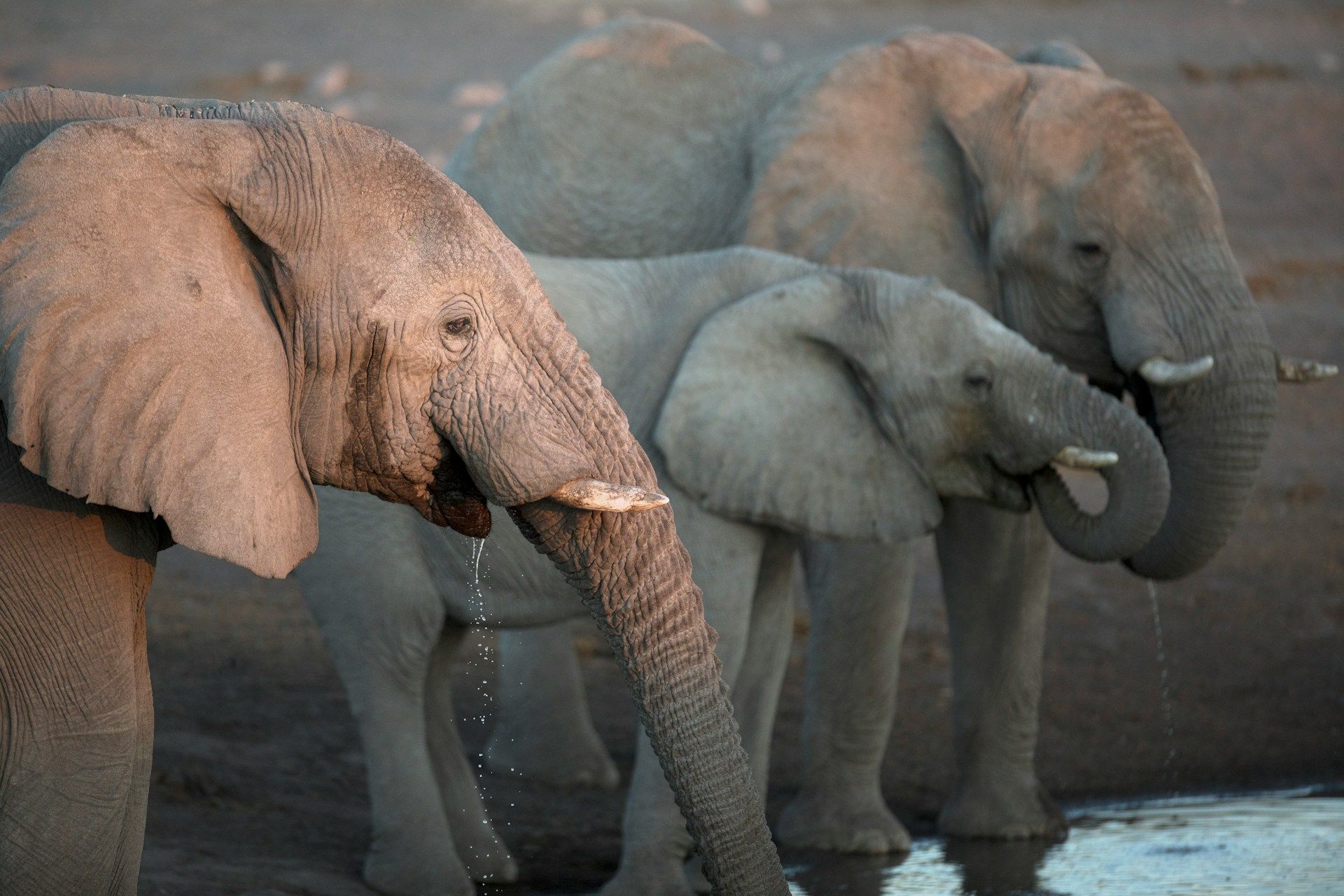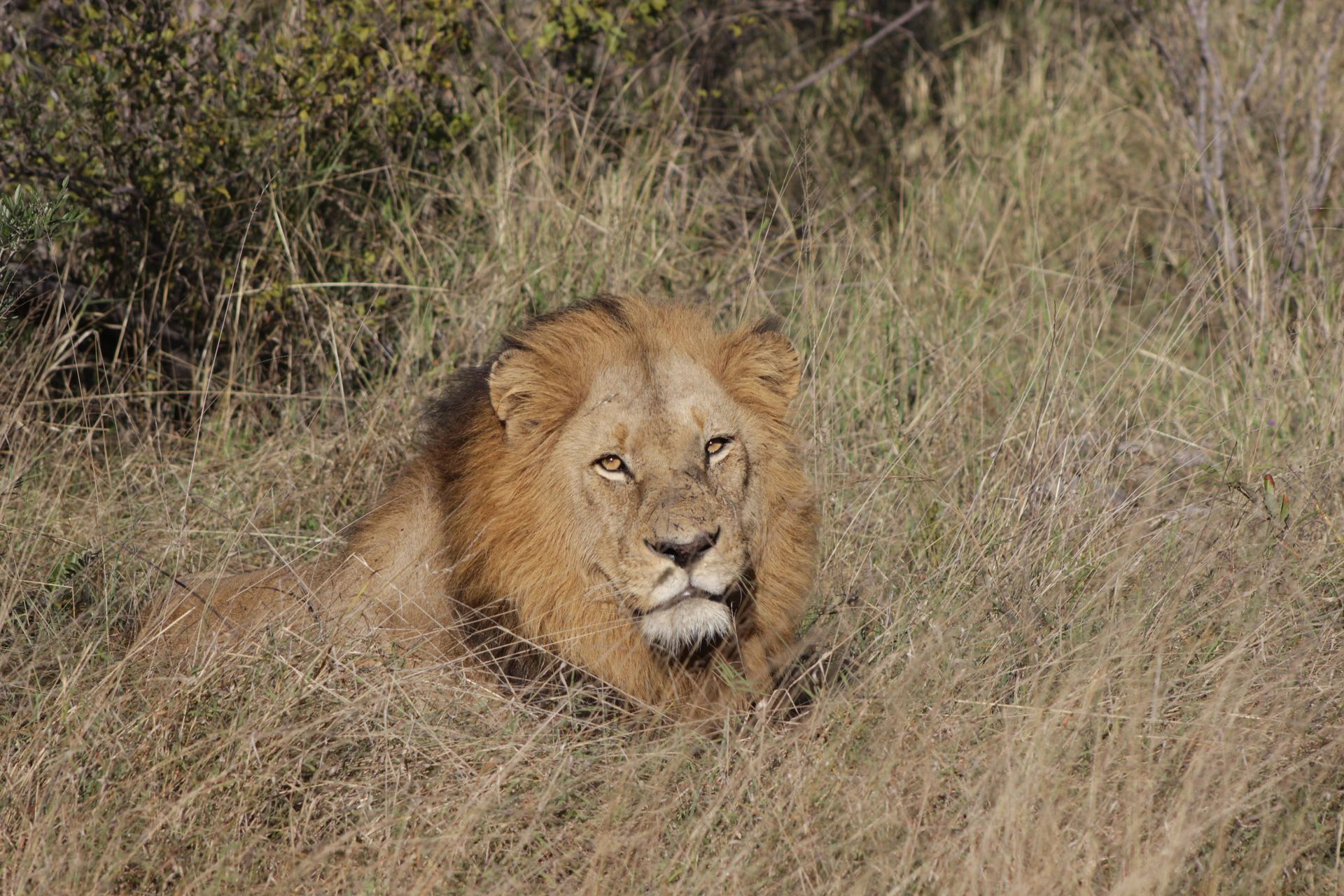The Klaserie - a lesson in slowing down
Nature takes the lead in this wondrous wilderness
There’s something about the Klaserie that gets under your skin. It’s not just the wildlife (which is exceptional) or the landscapes, which roll out in wild, golden silence. It’s something quieter. Something older. A feeling that this is a place that’s held stories far longer than any of us have walked its paths...
Unlike the more crowded corners of the Greater Kruger, the Klaserie seems to exhale slowly. There’s time here: time to stop, time to sit, time to watch the kudu freeze mid-step or listen as the wind moves through the mopane. Here, a safari isn’t about chasing sightings, it’s about settling into them. Letting them happen around you. Letting the wilderness unfold in its own rhythm.
That slow magic often begins before the game vehicle even starts. You might wake to the low roar of a nearby lion or the distant bark of a jackal calling to its mate. Morning light spills over the bushveld, revealing shapes you missed in the dark: the pale silhouettes of knobthorn trees, the glint of dew on spiderwebs strung between branches. Somewhere in the distance, hyenas whoop, their strange laughter echoing between the trees. The air is cool and still, and everything feels possible.
Then you drive out, following the sandy tracks that wind through a landscape both vast and intimate. The Klaserie feels untamed yet deeply personal. It's a place where every bend in the road carries the possibility of surprise and the open spaces encourage the patience it takes to let nature reveal herself.
Sometimes the drama comes in a rush: a leopard slipping across the track ahead, her tail curling once before she melts into the grass; a herd of elephants trudging in from the heat, the matriarch pausing to test the air before leading her family to water. But more often, the Klaserie’s beauty lies in its quiet. A giraffe silhouetted against the sunrise, a lone elephant bull feeding under a leadwood tree, a pair of hornbills squabbling over a fallen fruit. These are the moments that linger - soft, simple scenes that speak of a wilderness unhurried by time.
It’s also in the conversations. The ones you have with your guide as you bounce along the track, learning the language of the bush. The guides at Baobab Ridge know this landscape like an old friend. They don’t lecture, they share. They’ll pause to show you how a spoor tells a story - the drag of a lion’s tail across sand, the delicate print of a mongoose, the sharp indent of a kudu’s hoof.
They’ll point out how the call of an oxpecker can lead you to buffalo, or how the shape of a termite mound can hint at soil and rainfall. It’s a different way of seeing, a deepening of understanding. In the Klaserie, the wilderness isn’t a stage for spectacle, it’s a living, breathing network, every piece linked to another.
When the drive ends, the peace of the lodge wraps around you once more. At Baobab Ridge, there’s no rush to fill the silence. Mornings stretch into long, lazy afternoons. You might drift to the pool with a book, or simply watch as elephants wander through the grass below the deck. As the day fades, there’s always time for a sundowner to interrupt your afternoon game drive as the light turns honey-gold over the horizon.
Evenings bring their own rhythm. The crackle of the boma fire, the flicker of lanterns, stories traded under a sweep of stars. Sometimes a honey badger will shuffle by, bold and unbothered. Sometimes a bush baby will leap across the trees, its eyes catching the light for a split second before vanishing. And sometimes it’s just quiet.
That’s the thing about the Klaserie. It doesn’t perform. It doesn’t try to impress. It simply is and in that stillness lies its power. This is a place that invites you to slow down, to listen, to remember what it feels like to be part of the wild rather than a visitor to it.
Long after you’ve left, you’ll find the memory of it returning as a reminder that somewhere out there, under the same wide sky, the Klaserie is still breathing quietly, carrying its ancient stories forward.
That’s what makes it special. This wild place doesn’t need to shout, it just needs you to listen.
